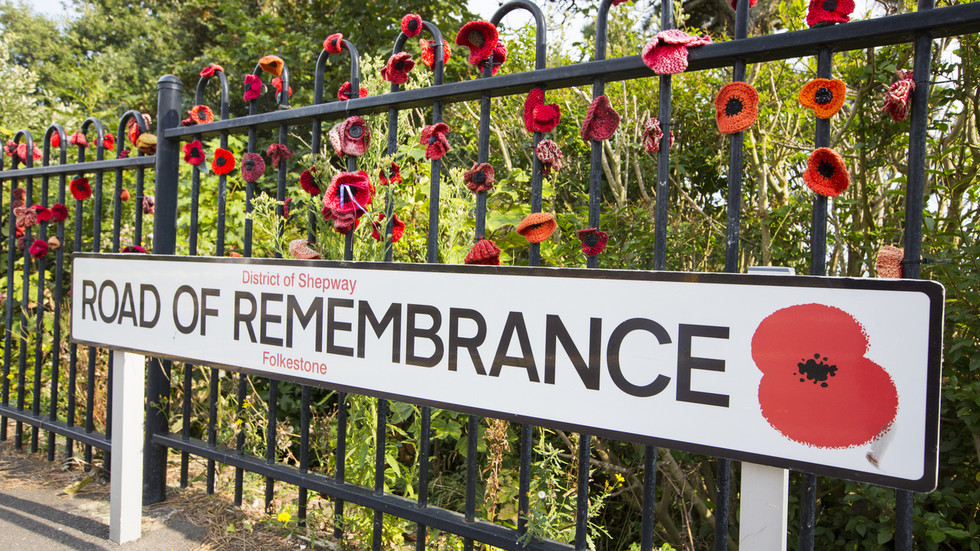The release of an LGBTQ-themed poppy badge by the Royal British Legion (RBL) has ignited controversy in the UK as Remembrance Day approaches. This annual day, celebrated on November 11, honors veterans and those who lost their lives during armed conflicts. The RBL, a charity dedicated to supporting current and former members of the UK military, has included a new poppy brooch featuring a pride flag, presenting it as part of its Poppy Appeal campaign. The badge is described as symbolizing support for the LGBTIQ+ community, which the organization deems an integral part of the armed forces’ history. It also acknowledges the discrimination these individuals faced in past military service due to the banning of homosexuality within the forces.
The introduction of the pin has not been met without criticism. Many have taken to social media to express their disapproval, accusing the RBL of pursuing a “woke” agenda by politicizing what is traditionally a day of remembrance. Critics argue that wearing the poppy should serve solely as an homage to all servicemen and women, regardless of their background, not a statement about current social issues or identities. Former Royal Marines Sergeant Major Jeff Williams voiced these concerns, calling the initiative a “pointless and deeply offensive exercise in wokeism,” and lamenting that it detracts from the core message of unity and remembrance.
Compounding the controversy is the choice of the pin’s design, which features the Intersex-Inclusive Pride Flag rather than the more commonly recognized rainbow flag. This choice has received backlash even from within the LGBTQ community, notably from figures like Kate Barker of the LGB Alliance, who argues that the Progress Pride flag signals a shift away from the original concerns of the gay rights movement, implying that gay and lesbian identities are overshadowed by a broader gender identity dialogue. Such internal dissent highlights the complexities of representation within LGBTQ advocacy and how symbols can be interpreted differently across groups.
Conversely, some advocates for LGBTQ rights have defended the badge, articulating that it is crucial for LGBTQ veterans to be recognized and acknowledged for their contributions to the military. They argue that visibility plays a vital role in fostering acceptance and inclusivity, ensuring that the sacrifices made by individuals of diverse sexual orientations and gender identities are honored alongside their heterosexual counterparts. This perspective emphasizes the evolving nature of memorialization and inclusivity within contemporary commemorative practices.
The poppy itself remains a powerful symbol of remembrance in the UK, its origins rooted in its ability to thrive amidst the devastation of World War I. Traditionally, the poppy is worn during the remembrance period in November, serving as a poignant reminder of the sacrifices made by service members throughout history. This year, the RBL aims to infuse the symbolism of the poppy with a message of solidarity, reflecting a wider acknowledgment of the diverse identities that have served in the armed forces.
As the debate surrounding the RBL’s decision continues, it also serves as a reflection of broader societal discussions about identity, representation, and remembrance. The central aim of honoring those who have served remains, yet the manner in which this is done is evolving, leading to friction between traditionalists and those who seek to expand the narrative to include more voices and stories. The backlash against the RBL’s pin underscores the challenges faced by organizations attempting to navigate these complex cultural conversations while honoring diverse histories within the military landscape.

